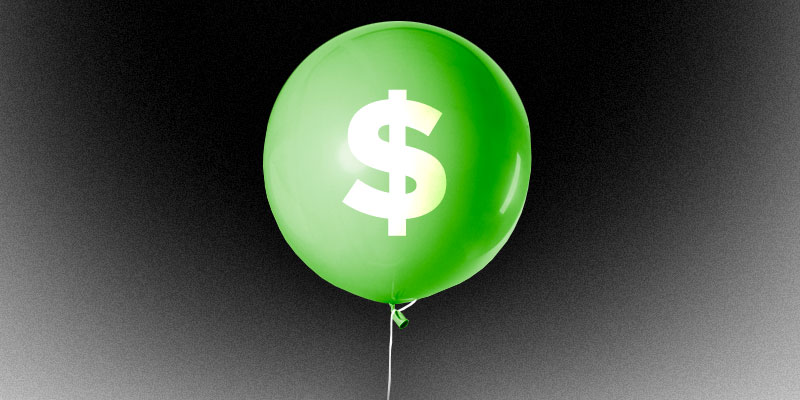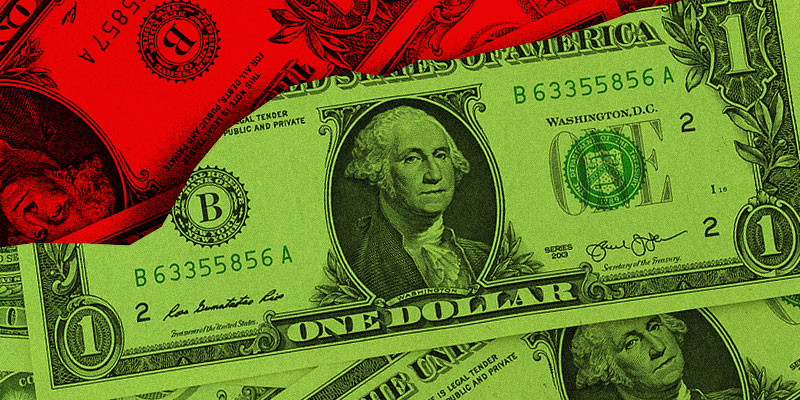Democratic presidential candidate Bernie Sanders contends we should not allow billionaires. His view produced interesting debate exchanges with Michael Bloomberg, who has a net worth of $53 billion. Are billionaires good for America?
A first consideration is the source of the riches. Were they earned from a successful business, or by stealing from or swindling others? Bank robbers and con artists do not benefit our economy. For those who inherited their wealth, we should consider the original source of the fortune.
The voluntary nature of purchases means that wealth accumulated through business is earned. A customer buying financial information from Mr. Bloomberg’s company or a book from Amazon, whose founder Jeff Bezos tops the Forbes Richest Americans list (net worth: $116 billion), receives value equal at least to the purchase price. You should only buy a book on Amazon for $15 if it is worth at least $15 to you.
Mr. Bezos, of course, does not keep the $15. Amazon likely bought the book from a publisher, and must also pay its employees. Only part of the $15 is profit for Amazon, and only a portion of this goes to Mr. Bezos.
Companies sell goods and services at the prices they do because they also benefit. Market transactions make both buyers and sellers better off. Billionaire entrepreneurs become rich by taking a small slice of the value created by a large volume of economic activity.
Did Mr. Bezos and Mr. Bloomberg make their billions at the expense of their workers? No, although their businesses needed the efforts of many employees to succeed. In a market economy, not even the world’s richest person can force anyone to work for them. All employment is voluntary. Every Amazon and Bloomberg Business employee chose to work for the wage or salary offered. The employees presumably found these jobs attractive relative to their alternative options.
Economics shows that workers get paid based on their productivity. Competition between businesses bids up wages to this level. An employee paid less than their contribution can be hired away by other businesses.
Consumers typically value what they buy more than the price paid. For instance, that $15 book you bought from Amazon might be worth $25 to you. The extra $10 is called consumer surplus and is our share of economic prosperity. In a sense, billionaire entrepreneurs get rich by providing us consumer surplus.
Research shows that billionaire entrepreneurs get very little of the value they create. Nobel-prize winning economist William Nordhaus found that firms capture just over two percent of the total value of their inventions. The rest goes to consumers mostly, but also to employees and suppliers. The two percent is for the business, not just the founder. Amazon’s value created for society must be in the tens of trillions of dollars.
Billionaire entrepreneurs make our modern world enormously more prosperous and have done nothing legally or morally wrong. Still, a billion dollars is more than anyone could spend responsibly in a dozen lifetimes. Couldn’t we tax their wealth, as Mr. Sanders has proposed?
A wealth tax may not have the dire consequences some predict. Money cannot really be motivating the super-rich who continue to work hard. Mr. Bloomberg was already a multimillionaire when he was crawling under desks to hook up his information boxes for clients. Perhaps their motive is intrinsic, that they simply desire business success. Or they may care about relative standing, say moving up the Forbes list.
Both of these motives suggest that reasonably high taxes may not deter the rich from working hard. Does this make a wealth tax good policy? Not necessarily. America’s billionaires might move to nations with lower taxes. And billionaires’ wealth helps fund new innovations by their companies and risky startup ventures by others, as Forbes columnist John Tamny emphasizes.
Billionaire entrepreneurs benefit America. They become super-rich by making our lives better, not by taking from us. Mr. Bloomberg may not win the Democratic presidential nomination, but he need not apologize for the wealth he has helped create.
Daniel Sutter is the Charles G. Koch Professor of Economics with the Manuel H. Johnson Center for Political Economy at Troy University and host of Econversations on TrojanVision. The opinions expressed in this column are the author’s and do not necessarily reflect the views of Troy University.













